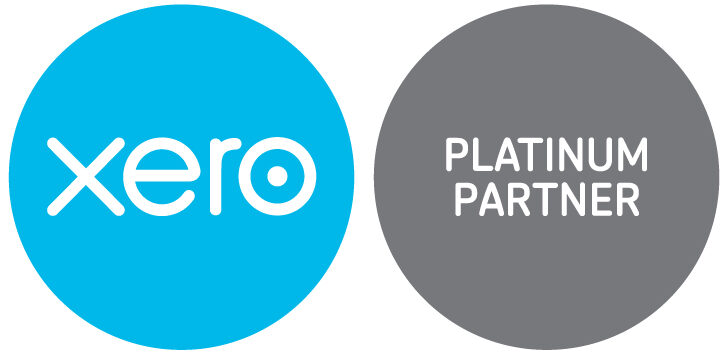The current Jobs Support Scheme, announced in the recent Winter Economic Plan and coming in to effect from 1st November, will see the government contribute up to a maximum of 22% of an employee’s salary. To be eligible for the scheme an employee must work at least 33% of their normal hours. The hours worked by the employee must be paid in full by the employer. Two-thirds of the hours not worked will then be paid equally by the employer and the government with the remaining third being unpaid. An employee working 33% of their normal hours would therefore receive 77% of their normal income.
The cost to the employer is therefore payment for the hours worked plus 1/3rd of the hours not worked, the governments’ cost is 1/3 of the hours not worked. The level of grant will be calculated based on employee’s usual salary, with the government contribution capped at £697.92 per month. The employer is responsible for paying the employers National Insurance and pension contributions.
Yesterday the prime minister announced a new three-tier system of restrictions in England to try to stop the spread of coronavirus. Every area in England will be classified as being on medium, high or very high alert – tiers one, two and three.
Any business that is forced to close due to local or national lockdowns announced by the Government will benefit from an extension of the Government’s Jobs Support Scheme (JSS).
Any business whose premises are legally required to shut due to local or national restrictions will get grants worth up to two-thirds of each employee salary, up to a cap of £2,100 a month.
Under the extended JSS scheme, employers will not be required to contribute towards wages but will have to pay National Insurance and pension contributions. To qualify employees must be off work for a minimum of seven consecutive days.
The extension to the jobs support scheme will also open on the 1st November and remain open for six months, with a review in January 2021.
Early guidance suggests that businesses located in an area classed as tier three that are likely to be forced to shut are pubs, except where they serve substantial meals, gyms, leisure centres, betting shops and casinos.
Local Restrictions Support Grant
In addition to the expansion of the JSS, the government is making the Local Restrictions Support Grant scheme more generous so that businesses in England can receive up to £3,000 per month with payments made after two weeks of closure. This is expected to benefit businesses, including restaurants, pubs, nightclubs, bowling alleys and many more.
Enhanced time-to-pay for self-assessment bills
HMRC has increased the upper threshold for online applications for time-to-pay to £30,000.
As part of his Winter Economy Plan on 24 September 2020, the Chancellor announced enhanced payment arrangements for taxpayers who are unable to pay their self-assessment bill that falls due on 31 January 2021. The enhanced payment arrangements applies to all tax due on that date including:
- Deferred second payment on account for 2019/20 which was originally due on 31 July 2020;
- Balancing payment for 2019/20 due on 31 January 2021; and
- First payment on account for 2020/21 due on 31 January 2021.
The amount due can be paid in monthly instalments over a period of up to 12 months.
To benefit from this time to pay arrangement the following conditions must be met:
- You must not have any outstanding tax returns (the 2019/20 tax return, due by 31st January 2021, must have been filed and it must also have been processed by HMRC which can take 72 hours for a return filed online);
- You must have no other tax debts, or HMRC payment plans already set up; and
- The liability due on 31st January 2021 must be between £32 and £30,000.
- In order to avoid any late payment penalties, the payment plan must be set up within 30 days of the normal due date of payment i.e. by 2nd March 2021. A payment plan can still be set up after this date but it must be in place by 1st April 2021, any plan set up between 3rd March and 1 April 2021 will incur late payment penalties.
- Interest will be applied to any outstanding balance from 1 February 2021. This contrasts with the deferral of the second payment on account due in July 2020 on which no interest was charged.
Taxpayers who owe more than £30,000 or need longer than 12 months to pay may still be able to set up a time to pay arrangement by calling the self-assessment payment helpline on 0300 200 3822.
The online time to pay service is not available to agents, at present we are not therefore able to agree a payment plan on your behalf.
If you have any questions on any of the above please do not hesitate to contact your usual RPG contact.







 Production
Production